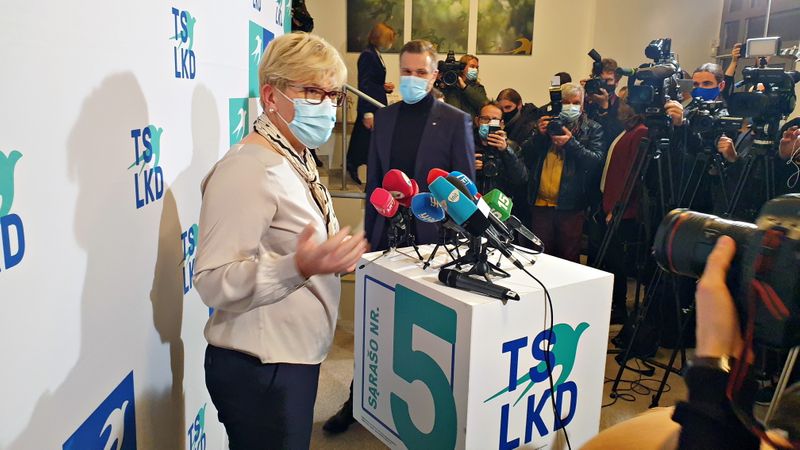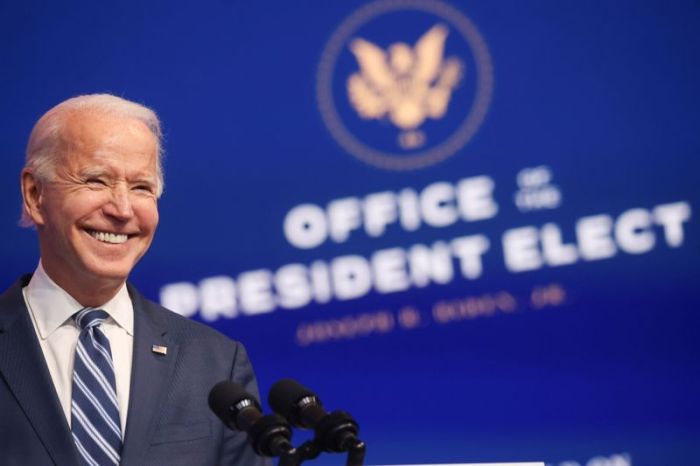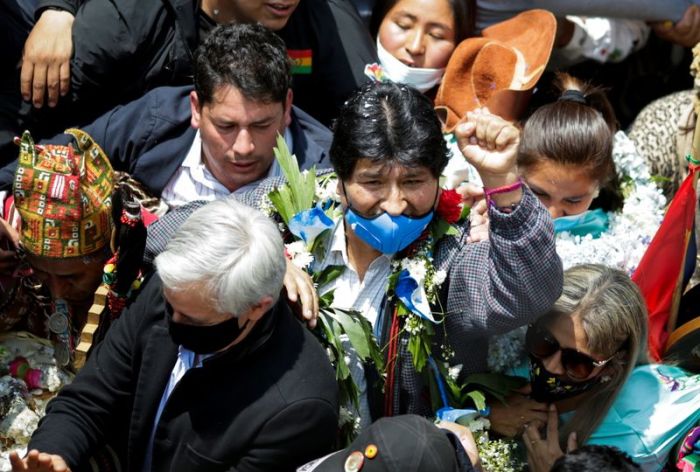VILNIUS (Reuters) – Lithuania’s new ruling coalition agreed on Monday to commit the incoming government to support “those fighting for freedom” in Taiwan, threatening to hurt the small EU member’s relations with China, a potential investor in its main port.
European Union member states, and the bloc itself, have no formal diplomatic ties with Taiwan due to the objections of Beijing, which considers the island part of China.
The Lithuanian coalition agreement, signed by leaders of the Homeland Union, Liberal Movement and Freedom parties, which together won 74 seats in the 141-seat parliament on Oct. 25, binds the new government to carry out a “values-based foreign policy”.
“We will actively oppose any violation of human rights and democratic freedoms, and will defend those fighting for freedom around the world, from Belarus to Taiwan,” they said.
Taiwan’s Foreign Ministry expressed appreciation for the support.
“Lithuania and Taiwan are like-minded partners, and the foreign ministry sincerely thanks friends in Lithuania for continuing to take concrete actions to defend shared values,” it said in a statement.
China’s embassy in Vilnius said the Chinese government is ready to work with Lithuanian government “on the basis of mutual respect to sovereignty and territorial integrity as well as non-interference in each other’s domestic affairs.”
“The normal development of China-Lithuania relations should not be subject to disturbance by other factors because they will not serve the fundamental interests of both countries and peoples,” it said in a statement sent to Reuters.
Likely next Prime Minister Ingrida Simonyte told a news conference the new government would “not only note what happens near our borders, but also globally”.
The outgoing Lithuanian government did not dispute Beijing’s “one China” policy towards Taiwan. Still, China protested in May as Lithuania said Taiwan should be allowed observers at the World Health Organization during the pandemic.
(Reporting By Andrius Sytas; Additional reporting by Ben Blanchard in Taipei; Editing by Christian Schmollinger)























